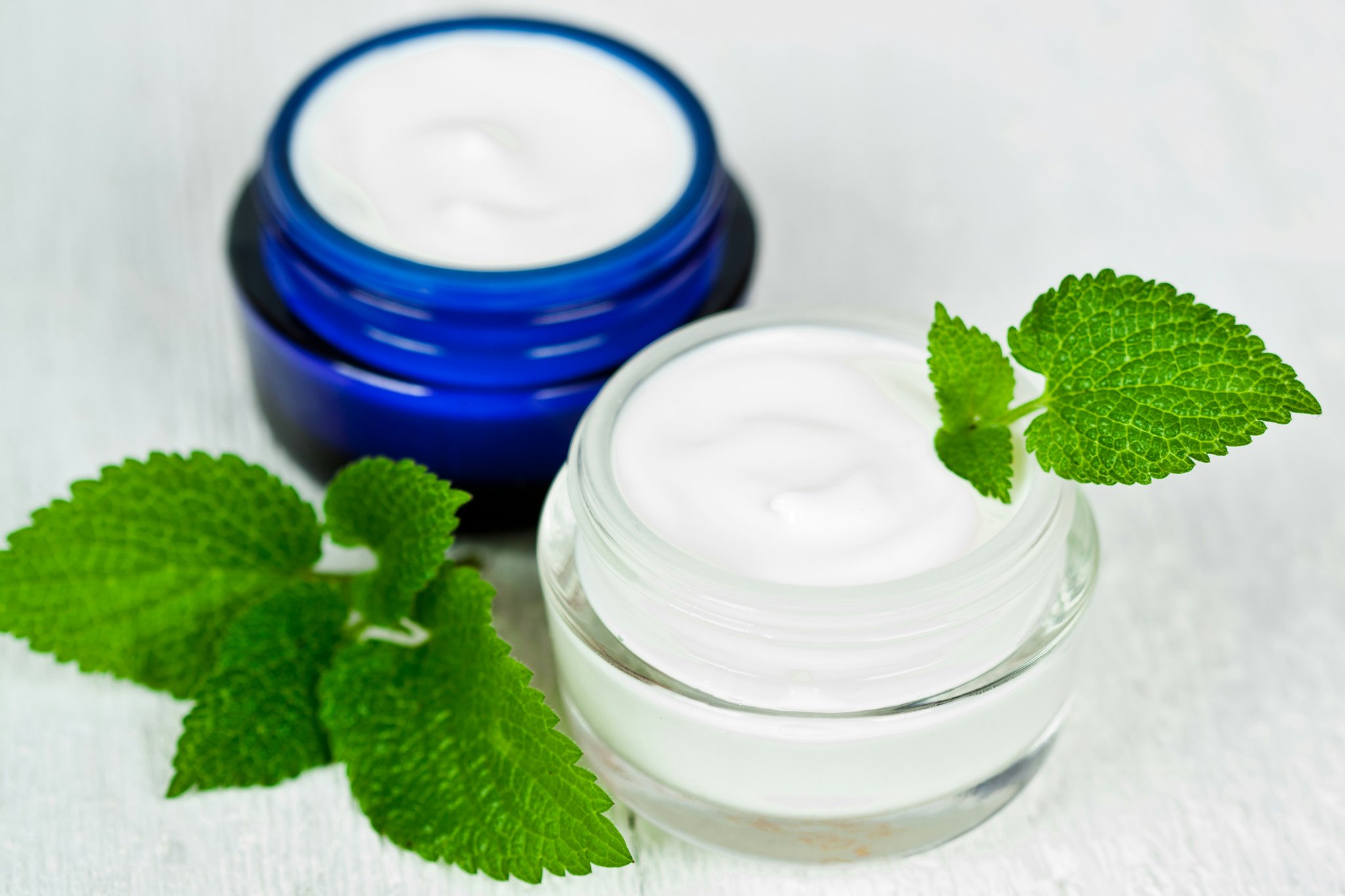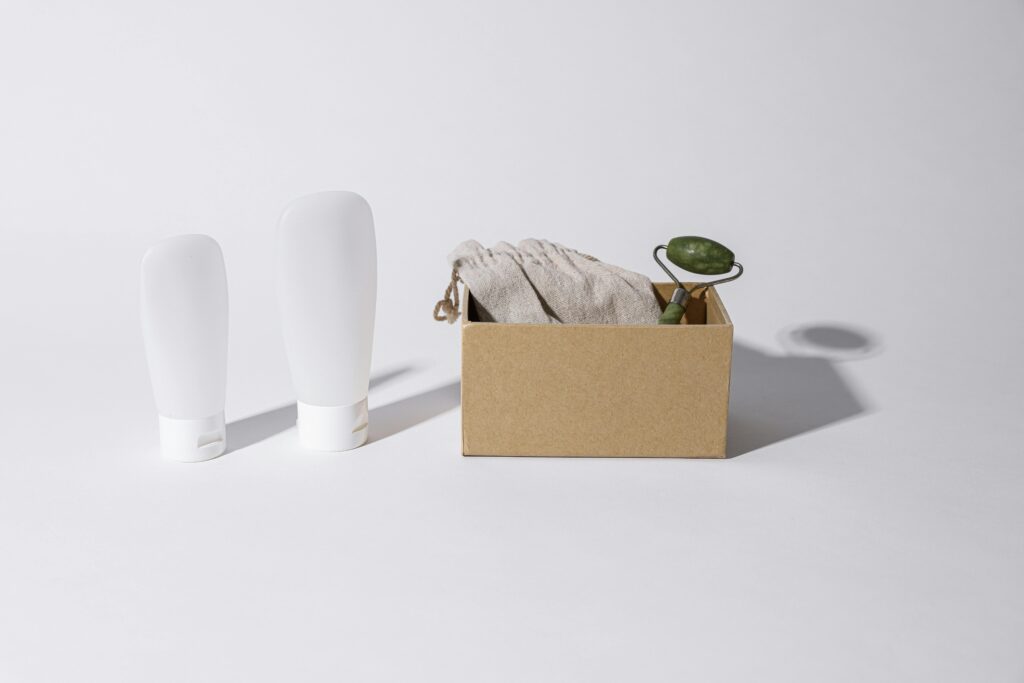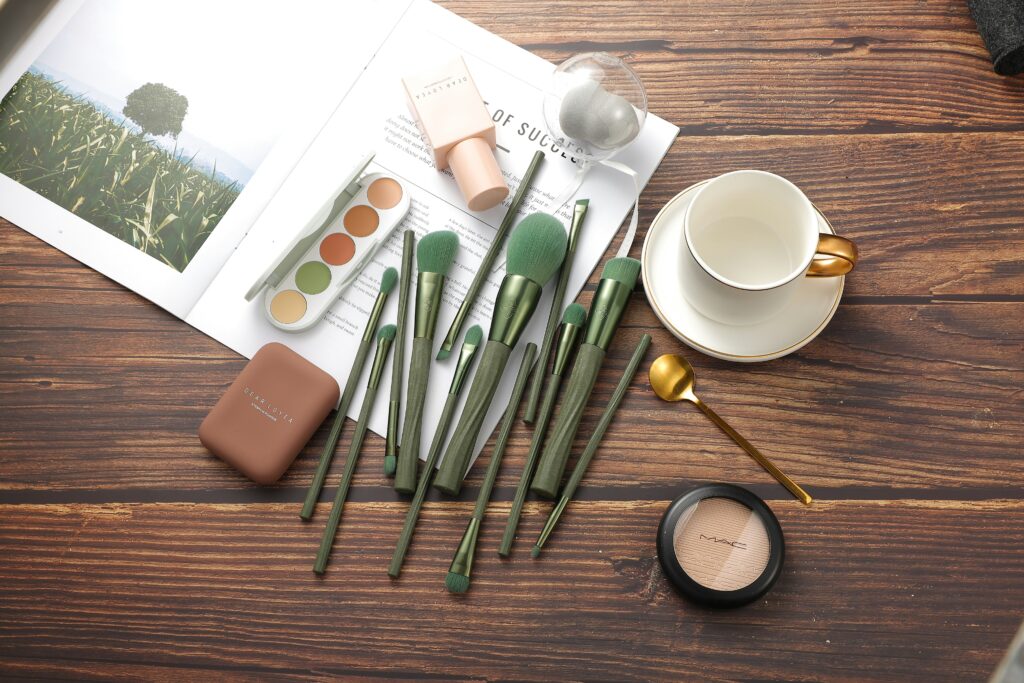Ever stared at your bathroom counter cluttered with half-used moisturizers, wondering how much of it is actually good for you—or the Earth? Yeah, us too. Turns out, most conventional skincare products come packaged in plastic that takes centuries to break down. Not ideal. But what if there was a better way? Enter: biodegradable skincare cream. In this post, we’ll dive deep into why making the switch can transform both your skin routine and your environmental footprint.
You’ll learn about the shocking truth behind non-biodegradable packaging (spoiler: it’s not pretty), step-by-step advice on choosing the right organic moisturizer, expert tips for sustainable beauty habits, and real-world success stories from people who’ve made the change. Ready? Let’s go!
Table of Contents
- Why Switch to Biodegradable Skincare?
- How to Choose the Perfect Organic Moisturizer
- Top Tips for Sustainable Beauty Habits
- Real Stories: The Impact of Switching to Biodegradable Creams
- FAQs About Biodegradable Skincare Cream
Key Takeaways
- Biodegradable skincare creams are better for the planet because they reduce waste and pollution.
- Choosing an organic moisturizer isn’t as complicated as you think—just follow these simple steps.
- Sustainable beauty practices don’t require perfection; small changes add up over time.
- Hear from others who have successfully transitioned to eco-friendly skincare routines.
Why Should You Care About Biodegradable Skincare Cream?
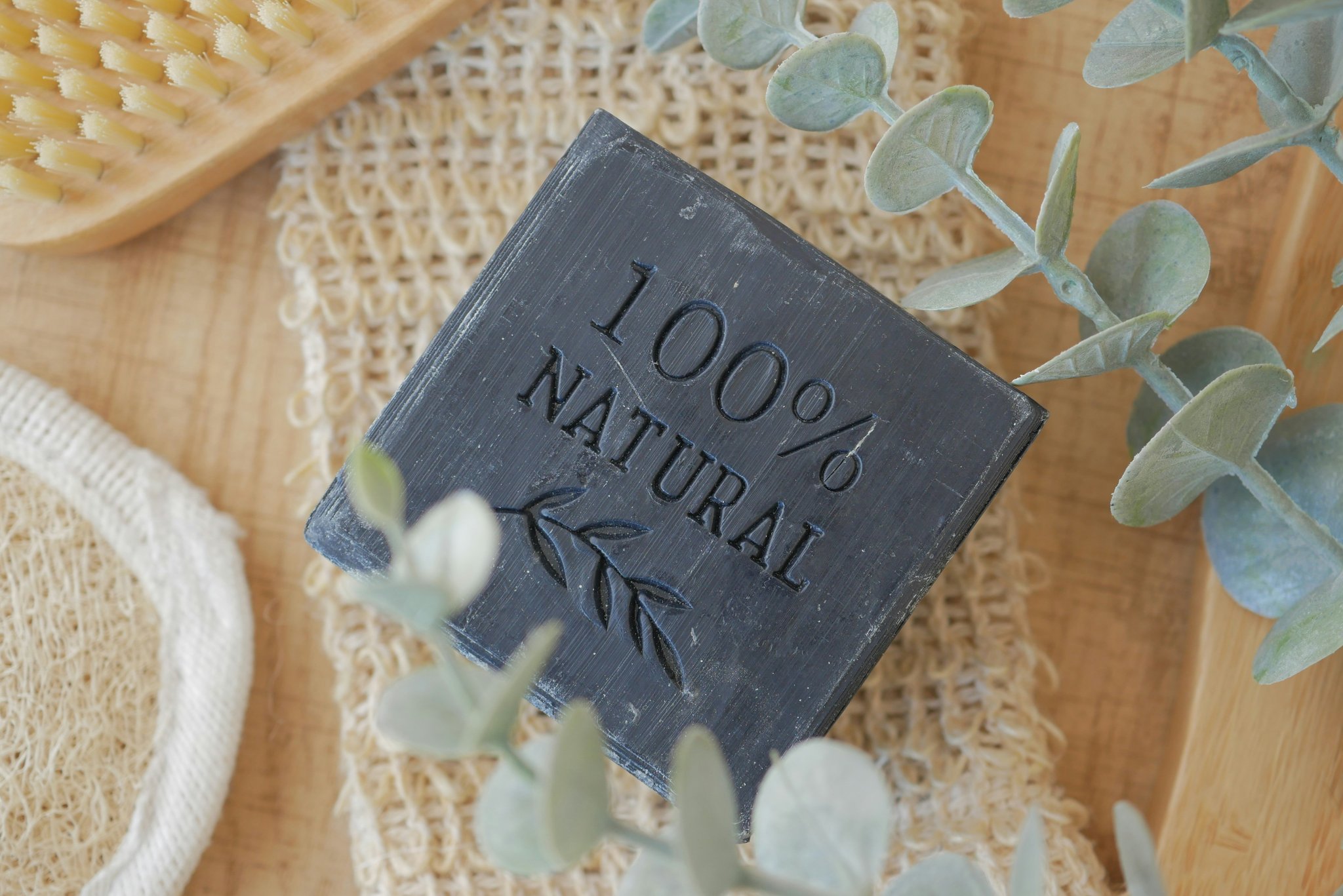
Here’s a stat that might make your jaw drop: By 2050, there could be more plastic than fish in the ocean. And guess what? A lot of that plastic comes from empty skincare tubs and tubes. Yikes.
I’ll admit it—I once bought a “luxury” moisturizer that looked like something out of a sci-fi movie. Sleek metallic tube, shiny label, all the bells and whistles. But after using it, I realized two things: 1) My skin felt irritated, and 2) That gorgeous tube probably ended up polluting some poor sea turtle’s home. Lesson learned.
The thing about biodegradable skincare cream is that it doesn’t just decompose naturally without leaving toxic residues—it often uses plant-based ingredients that nourish your skin. Double win.
“Optimist You: ‘What if I told you one product could save your skin AND the planet?’
Grumpy You: ‘Yeah, yeah—but only if it works.’”
How Do You Pick the Right Biodegradable Skincare Cream?
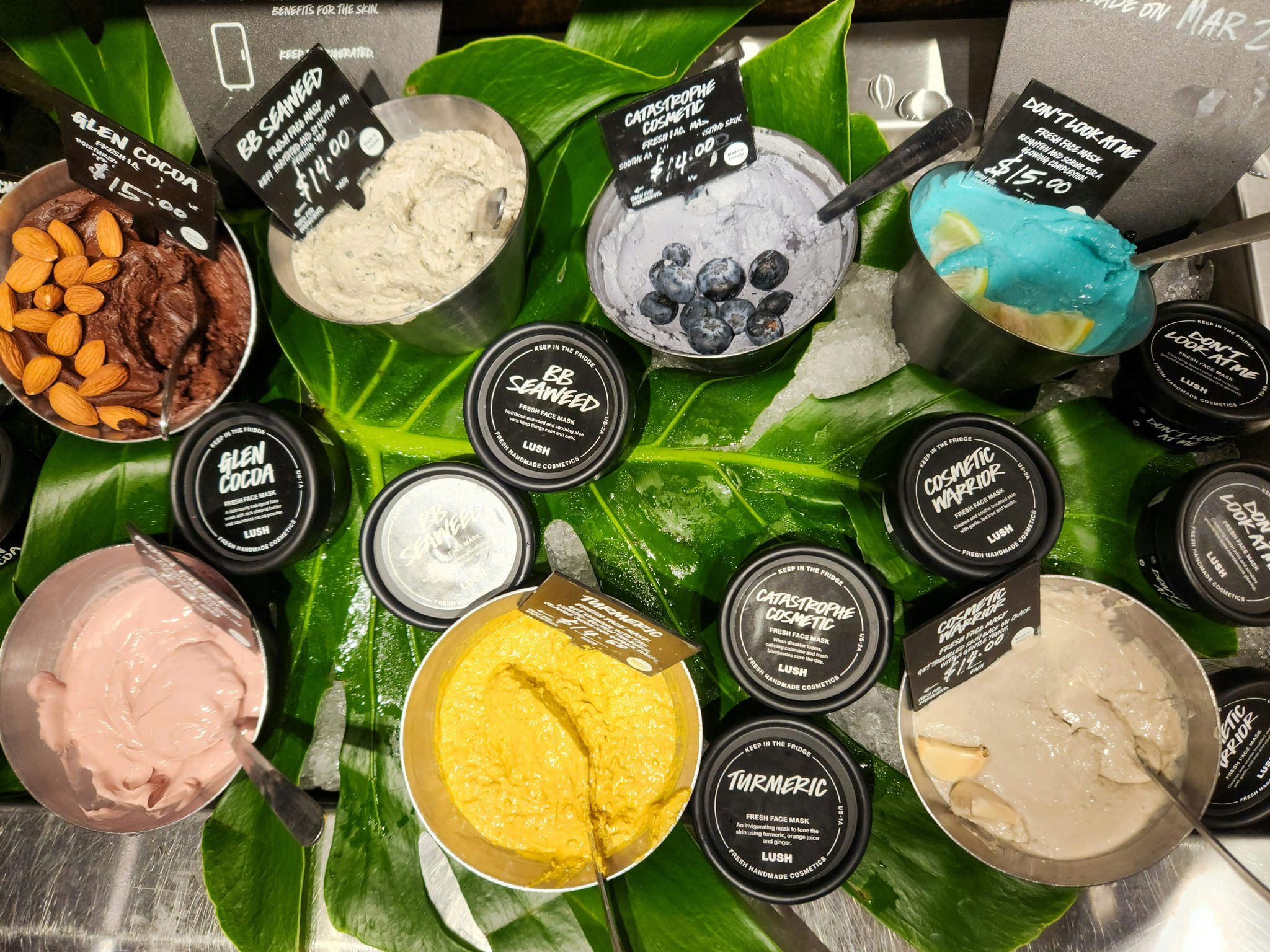
Step 1: Check the Ingredients
No sketchy chemicals allowed here. Look for labels that say “certified organic” or list recognizable natural ingredients like shea butter, aloe vera, or jojoba oil. If you see words you can’t pronounce, run.
Step 2: Verify Eco-Friendly Packaging
This part’s crucial. Even if the cream itself is clean, its container shouldn’t contribute to landfill waste. Opt for glass jars, paperboard boxes, or compostable materials over plastic whenever possible.
Step 3: Research Brand Ethics
Sadly, some brands slap “green” labels on their products without walking the walk. Investigate whether the company sources responsibly, avoids animal testing, and gives back to environmental causes.
“Optimist You: ‘This is easy!’
Grumpy You: ‘Easy until you realize how many imposters are out there.’”
Best Practices for Sustainable Skincare
- Multitask: Use fewer products by opting for multi-purpose creams that hydrate, protect, and repair.
- Refill, Don’t Replace: Some companies offer refill programs where you return empty containers for reuse.
- D-I-Y Mask Night: Save money and resources by whipping up masks with kitchen staples like honey or avocado.
- (Terrible Tip): Buy Bulk Organic Oils Online. Wait, no. Never buy bulk oils online unless you’re prepared for spills and rancid smells. Trust me on this one.
Rant Alert: One pet peeve? Brands marketing themselves as “natural” when their formulas still contain parabens and silicones. Come on, people. We deserve transparency, not greenwashing nonsense.
Success Stories From Real Users
Jessica, a 32-year-old teacher, decided to try switching to organic moisturizers after reading alarming stats about microplastics in waterways. She says, “My skin feels smoother, and I love knowing my choices aren’t harming marine life.”
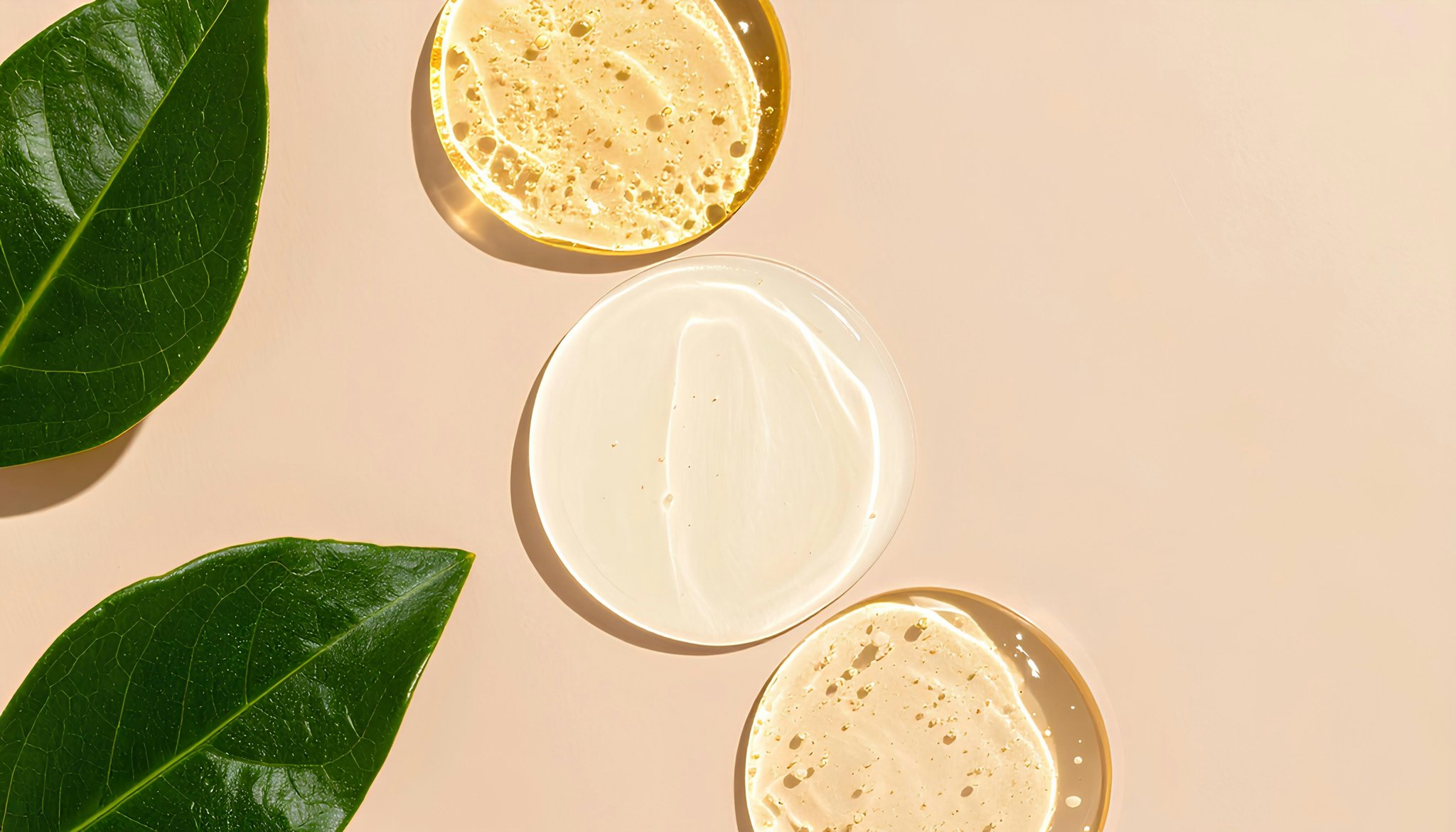
Another user, Mark, admits he initially doubted whether biodegradable creams would work. After six months of consistent use, he reported clearer skin and reduced irritation. “It’s like my acne finally got the memo,” he joked.
FAQs About Biodegradable Skincare Cream
Is Biodegradable Skincare More Expensive?
Not necessarily! While some high-end options exist, plenty of affordable yet effective alternatives are available.
Will It Work for Sensitive Skin?
Yes—if formulated correctly. Always patch-test new products before fully committing.
Can Compostable Packaging Be Recycled?
Generally, yes, but check local guidelines. Better yet, compost them if possible!
Conclusion
If nothing else, remember this: Every small choice counts. Switching to biodegradable skincare cream might seem insignificant, but imagine millions of people doing the same. Together, we can create a ripple effect toward sustainability.
To recap:
- Understand the importance of reducing plastic waste.
- Choose wisely by checking ingredients and packaging.
- Prioritize simplicity and ethical brands.
- Hear inspiring tales of real-life transformations.
And now, a little haiku to leave you inspired:
Green Earth, glowing skin, One cream heals inside and out. Nature whispers thanks.
